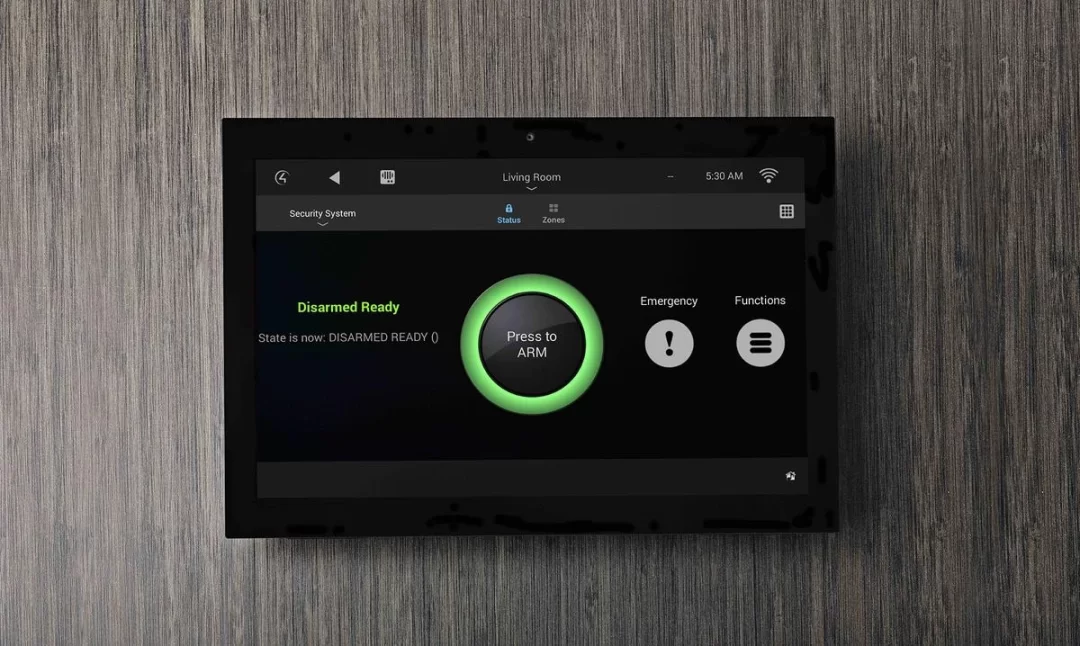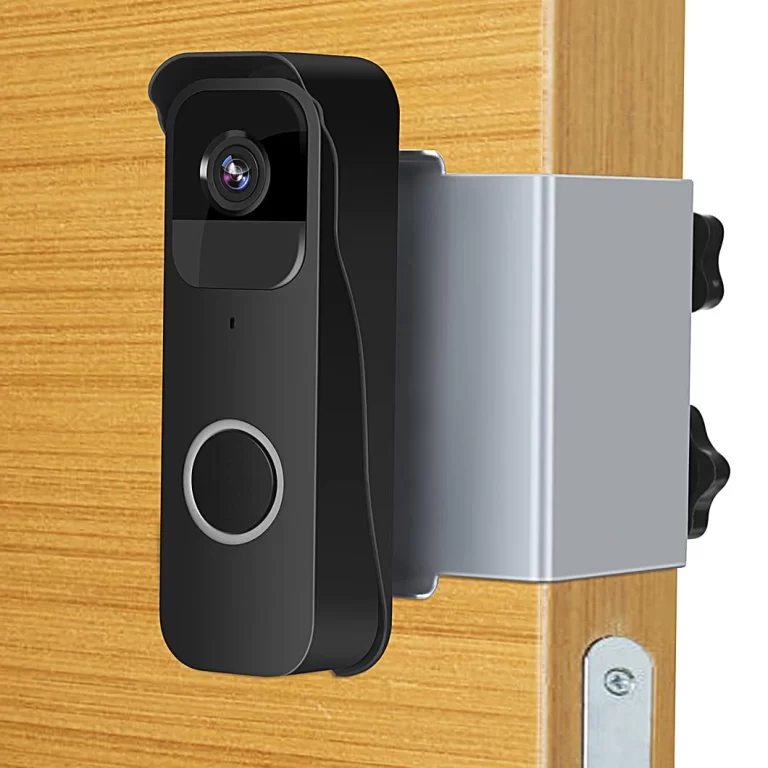Safe Home Security Contract – How to Cancel
Safe Home Security contract: Canceling a Safe Home Security contract can be a straightforward process, but it’s important to understand the steps involved to ensure that you’re not charged any additional fees or penalties. Here’s what you need to know about canceling Safe Home Security.

How Do I Cancel Safe Home Security Contract?
To cancel Safe Home Security, you should contact their customer service department either by phone or email to request cancellation. Be sure to have your account information ready, such as your account number or billing address, to expedite the process.
It is also important to review your contract or agreement to understand any cancellation policies or fees that may apply. Once you have confirmed cancellation, return any equipment and settle any outstanding balances to avoid any additional charges.
Contact: 1-800-833-3211.
Email Address: info@safehomesecurityinc.com.
Tips to Cancel Safe Home Security
When it comes to canceling a service, simply making a call, writing a cancellation letter, or sending an email may not be sufficient. In such cases, it’s important to take matters into your own hands.
1. Read the fine print: We recommend reviewing the fine print of your contract, which should contain details about cancellation policies, early termination fees, ownership of equipment, service charges, warranties, trial periods, and the length of the agreement.
It is always best to read the contract thoroughly before signing it, but if you need to cancel, this is the first place to look for information on how to proceed. By being informed about the terms of your contract, you can ensure a smooth cancellation process.
2. Write a contract letter: One option is to write a contract letter, which is a formal letter that informs the other party of the termination of the business agreement. JotForm provides templates for safe home security cancellation letters on its website if you choose to go this route.
3. Transfer contract: Another option is to transfer the contract to someone else if the company allows it. For example, if you are moving and no longer need the security system, you could transfer the contract to the new homeowners.
This option may require finding a replacement for yourself, but it can be a viable alternative to cancellation.
4. Take legal action: If for any reason you suspect and confirm that Home Security company has violated the terms of your legally-binding contract, it may be necessary to consider taking legal action.
What to Look For in a Home Security Contract

When it comes to signing a contract, it’s easy to get caught up in the excitement and overlook the fine print. However, blindly signing a contract can lead to surprises down the road.
That’s why it’s important to take the time to read and understand the contract before signing on the dotted line. In particular, there are seven key things to look out for:
1. Early Termination Fees: Don’t assume that canceling a contract will be easy or cost-free. Many contracts include early termination fees, which can be a significant expense if you need to end the agreement early. Make sure you understand what these fees are and when they apply.
2. Length of Contract: Contracts can vary in length, from just a few months to several years. Make sure you know how long you’ll be committed to the agreement before signing on.
If the length of the contract is not suitable for you, consider negotiating with the other party to see if you can come to a mutually beneficial agreement.
3. Default Clauses: No one wants to default on a contract, but it’s important to know what the consequences will be if one party does. Make sure you understand what happens if either party fails to uphold their end of the agreement.
4. Pricing: Contracts often include pricing details, including equipment fees. Make sure you understand how much you’ll be paying and what is included in the price. If anything is unclear, ask for clarification before signing.
5. Equipment Ownership: If the contract includes equipment, make sure you know who owns it. This includes conduit and wiring, as well as any other equipment that is part of the agreement.
Knowing who owns the equipment can be important if you need to move or cancel the contract.
6. Moving: If you move during the term of the contract, it’s important to know what your options are. Will you be able to transfer the contract to your new location?
7. Auto-Renewal: Some contracts include auto-renewal terms, which can be easy to overlook. Make sure you know whether the contract will automatically renew at the end of the term, and what your options are if you don’t want to renew.





